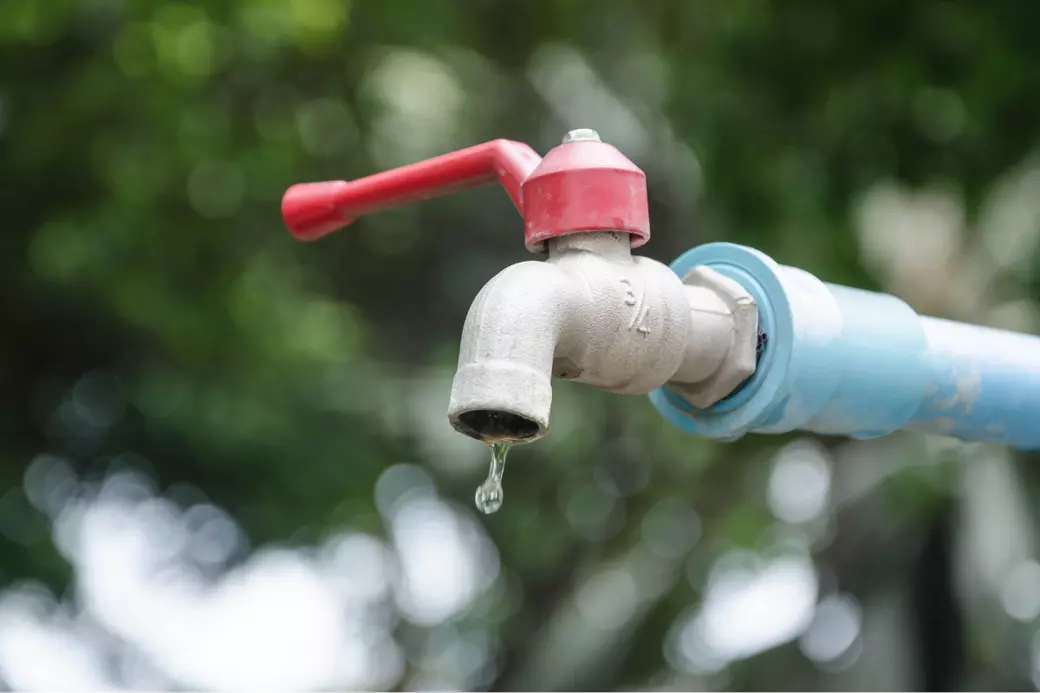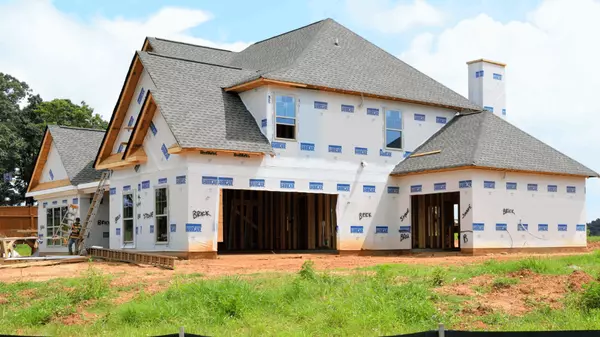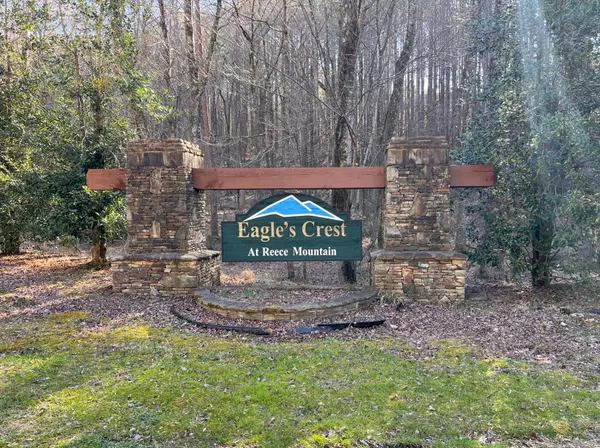Navigating Utilities & Infrastructure in Georgia: What Every Land Buyer Needs to Know

Navigating Utilities & Infrastructure in Georgia: What Every Land Buyer Needs to Know
Buying land in Georgia is an exciting venture, but before you commit to a property, one crucial factor can make or break your investment: utilities and infrastructure. Whether you’re looking to build a home, start a farm, or develop an investment property, knowing what’s available—or what it will cost to install—can save you from major headaches down the road.
In the latest episode of The Outdoor Agent Podcast, we dive deep into navigating utilities and infrastructure in Georgia. Special guest Rebecca, a civil engineer, joins the conversation to share expert insights on water access, septic systems, power, internet, and road access. If you're considering buying land, here’s everything you need to know to ensure your property is livable and functional.
Understanding Water Sources: Well vs. County Water
Water access is one of the most critical factors to consider when purchasing land. In Georgia, your property will likely have access to either county water or require a private well.
How to Determine Water Access:
-
Check county GIS maps or call the local water authority to see if water lines run to the property.
-
If public water is available, factor in connection fees, which can range from a few hundred to several thousand dollars, depending on the distance to the nearest line.
-
If no public water is available, you’ll need a private well.
Private Well Considerations:
-
Drilling a well in Georgia costs between $6,000 and $12,000, depending on depth and location.
-
Wells must be at least 50 feet from septic tanks and 100 feet from absorption fields.
-
In areas with low groundwater supply, deeper wells (which increase costs) may be required.
-
A hydrogeological survey can help determine groundwater availability before you commit to a purchase.
Sewer vs. Septic Systems: What You Need to Know
Sewage management is another key consideration. If your property is within city limits or a developed area, public sewer service may be available. If not, a septic system will likely be necessary.
Public Sewer vs. Septic:
-
Public sewer access requires a connection fee, which varies by location but can range from $2,000 to $10,000+.
-
If no public sewer is available, a septic system is required, but not all land is suitable for one.
Septic System Requirements:
-
A perc test (percolation test) is needed to determine if the soil can absorb wastewater properly.
-
If the land doesn’t pass, a specialized septic system may be required, which can cost between $15,000 and $30,000.
-
Septic tanks must be at least 50 feet from wells and 25 feet from water sources.
Power & Internet: Can You Stay Connected?
Access to electricity and internet is something modern buyers can’t afford to overlook. If power lines are already in place, connection is relatively simple—but if not, costs can add up quickly.
Power Access:
-
Check with Georgia Power or your local EMC (Electric Membership Corporation) to see if power lines are nearby.
-
If power lines need to be extended, expect costs between $5,000 and $30,000+, depending on distance and terrain.
-
Some rural properties may require off-grid solutions like solar panels or generators.
Internet Options in Rural Georgia:
-
Metro areas typically have fiber or cable internet.
-
Rural areas often rely on DSL, satellite (e.g., Starlink), or wireless broadband.
-
Always check internet service maps before purchasing land if connectivity is a priority.
Road Access & Infrastructure: Getting to Your Property
One of the most overlooked factors in land buying is road access. Even if a property appears accessible, legal and logistical issues can arise.
What to Check for Road Access:
-
Ensure the property has legal access via a public road or a documented easement.
-
If an easement is required, review legal documents to confirm you have permanent access.
-
Determine if the road is county-maintained or if you’ll be responsible for upkeep.
Driveway Considerations:
-
Clearing land and installing a driveway can cost $5,000 to $20,000+, depending on distance and terrain.
-
If a culvert or grading is needed, costs will increase significantly.
Key Takeaways for Land Buyers
Buying land in Georgia is an exciting opportunity, but understanding utilities and infrastructure is crucial. Here are the key points to remember:
-
Water: Always check if the land has access to public water or if you’ll need to drill a well.
-
Sewer & Septic: Public sewer may not be available; ensure the land is suitable for a septic system.
-
Power: Verify the proximity of power lines to avoid unexpected extension costs.
-
Internet: Rural areas may have limited options—confirm service availability before buying.
-
Road Access: Ensure the property has a legal right-of-way and assess driveway installation costs.
If you’re considering buying land and need expert guidance, feel free to reach out—I’d love to help you find a property that fits your needs!
Tune in to The Outdoor Agent Podcast
For more in-depth insights on land buying, real estate investing, and outdoor property ownership, listen to The Outdoor Agent Podcast!
🎧 Latest Episode: Navigating Utilities & Infrastructure in Georgia
The Outdoor Agent Podcast
🔗 Follow for more expert tips on Georgia real estate!
Categories
Recent Posts











